QuestionI have a 5 month old exotic shorthair kitten who has been diagnosed with feline herpes and she has horrible breath (smells like decay). How do I treat her stuffed up nose and what can be done about her foul smelling breath? Also, I have read about nasal vaccinations for kittens against feline herpes but my vet doesn't know anything about it. How can I find the name and order the nasal vaccine for kittens born in a cattery that has one cat with herpes virus? I live in a small city and the vets here are not very informed about purebred cats or catteries. Any help would be greatly appreciated.
AnswerHi Brenda. Sorry to hear about your little one!
Here are some tips for you to help your little girl with her breathing!
The treatment of cats with feline upper respiratory disease complex is basically the same as with herpes, regardless of cause and includes:
Keeping the eyes and nasal passages clear through regular removal of discharge, increasing the humidity (e.g., placing a vaporizer in the room with the cat), and the possible use of a nasal decongestant prescribed by the veterinarian
Ensuring food and water intake - this may be difficult since the nasal symptoms may not allow the cat to smell the food, in which case it usually doesn't eat. These cats may need to be force fed.
Keeping the cat quiet and warm
Controlling secondary bacterial infections through the use of antibiotics
Treating any oral ulcers or eye lesions with appropriate medication
Cats with upper respiratory disease are generally not hospitalized unless their symptoms are severe due to the contagious nature of the disease. In severe cases, fluid therapy, supplemental oxygen, or a tube placed in the stomach for feeding cats who will not eat may be necessary.
For the treatment this is what I could find for you. A modified live intranasal vaccine is manufactured differently so it is safe to give in the nose, although mild sneezing or nasal discharge could occur. The advantages of this vaccine are that it provides better and more rapid protection (within 2-4 days of giving the vaccine), can be given to very young kittens, and is effective even if maternal antibodies are present. It is recommended that this vaccine be used in limited situations in which there is a high but unavoidable risk of exposure.
What you should do if you are looking for a specific vaccine, since this is a chronic condition, check online to find a vet in a city or town relatively close to you, and give them a call. Ask them to contact your vet, and then YOUR vet can learn something as well as you - since you're doing this for your little girl.
I hope this has been helpful!

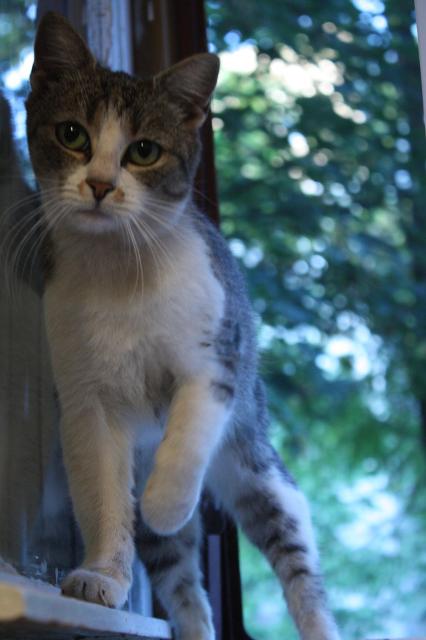 Cat meaowing after spayed
QuestionQUESTION: Hello, I am having a problem with my
Cat meaowing after spayed
QuestionQUESTION: Hello, I am having a problem with my
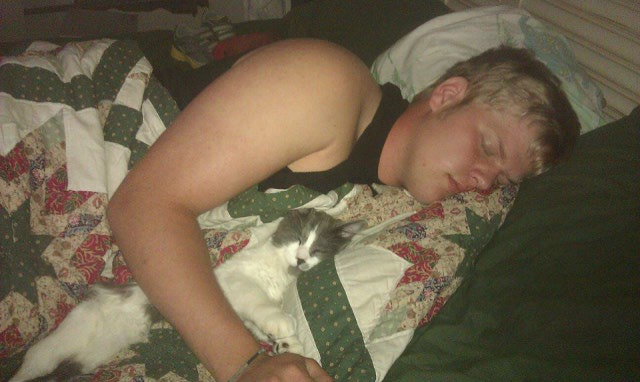 Sick kitty
Question
Kelso
Hi, I rescued a feral cat who was
Sick kitty
Question
Kelso
Hi, I rescued a feral cat who was
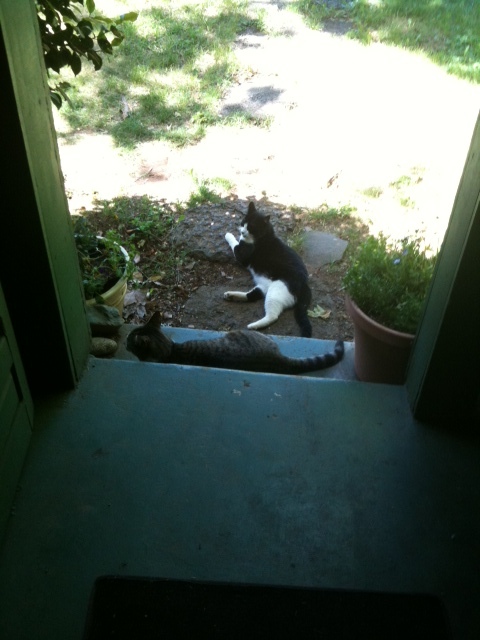 2 sibling cats. one of the brothers just passed.
Question
Their last day togethe
how should i dea
2 sibling cats. one of the brothers just passed.
Question
Their last day togethe
how should i dea
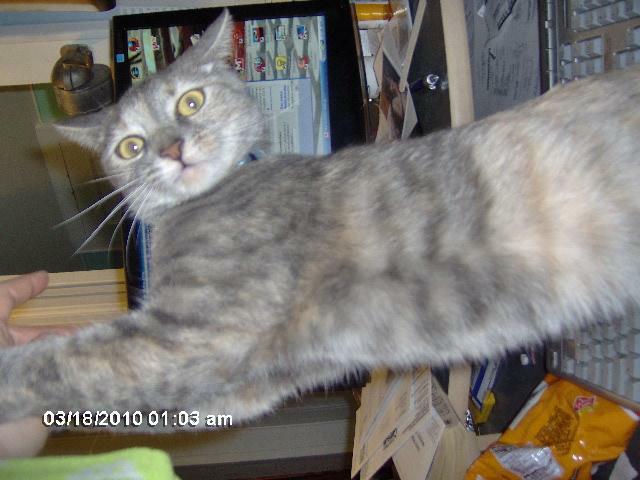 my cat is REALLY long, like a weasel!
QuestionQUESTION: Im hoping you can help me identify my
my cat is REALLY long, like a weasel!
QuestionQUESTION: Im hoping you can help me identify my
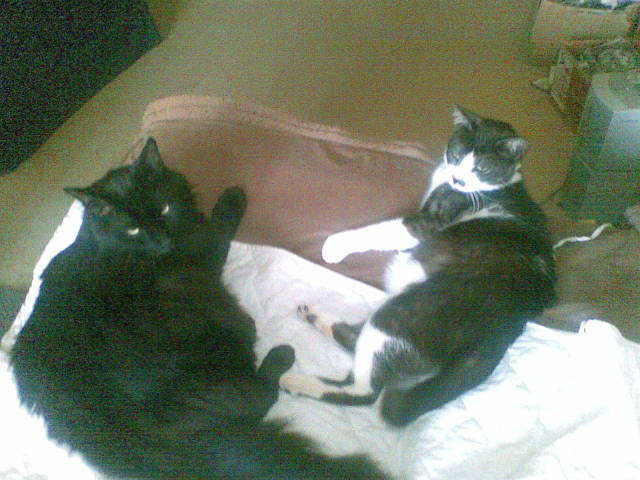 3x week visiting cat
Question
banjo and Joppy
Hi thanks for maybe bei
3x week visiting cat
Question
banjo and Joppy
Hi thanks for maybe bei